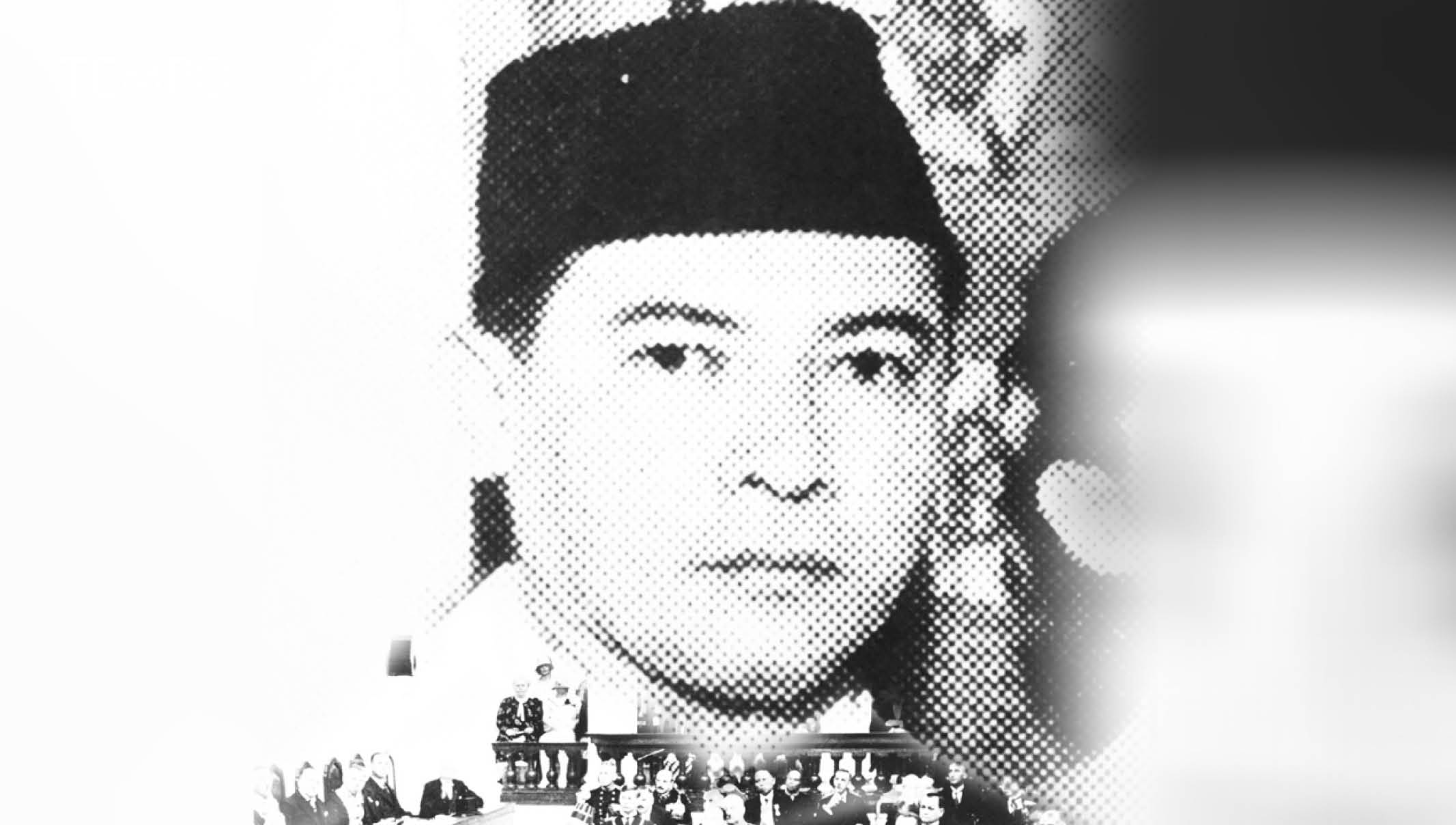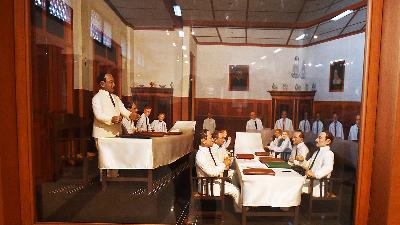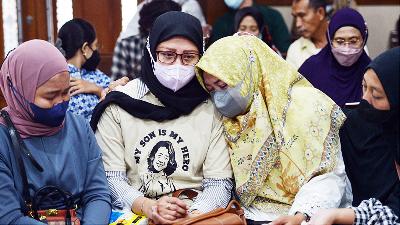The Meaning of M.H. Thamrin’s Resistance
Monday, August 19, 2024
Mohammad Hoesni Thamrin put the interests of the people above everything. He fought hard for our independence.
arsip tempo : 174691244058.

MOHAMMAD Hoesni Thamrin set an example: a representative of the people must put the interests of the people above everything. Born into and raised by an elite Betawi family, Thamrin fought not only for his own community. He had a wide political spectrum. He fought for Indonesian independence.
Starting from the Batavia City Council (Gemeenteraad van Batavia), he spoke out stridently about the rights of poor city dwellers. The dreadful standard of living for those people living on the outskirts of Batavia, such as poor sanitation and nutrition, caught his attention. M.H. Thamrin defended those who lived cheek by jowl in slums—without bathrooms or ventilation.
He also cared about town planning, from paving and lighting streets and the provision of drainage to the construction of the Manggarai sluice gate to reduce flooding from the Ciliwung, the river that flowed through Batavia. He criticized the Batavia government for always prioritizing the development of the elite Menteng neighborhood. Right from when he began serving on the City Council, he had the idea of improving the filthy part of Jakarta.
Thamrin taught that everybody, no matter what their background, has a right to the same quality of life in a city. He spoke out on behalf of the poor. He was skilled in talking about flooding and filthy neighborhoods and the lack of street lighting. He fought not only for his own Betawi ethnic group, but for every member of the urban community.
His association with members of the socialist group such as Daan van der Zee, Sam Koperberg and Douwes Dekker also influenced the way he campaigned. On the urging of Van der Zee, Thamrin stood and was selected by the Batavia group of electors as a candidate for the City Council member. On October 27, 1919, Batavia Mayor G.J. Bisschop inaugurated him into the Council at the age of 25.
Eight years later, Thamrin turned the People’s Council (Volksraad) into a stage for his struggle. He entered the national political stage at the age of 33 as a representative of the Kaoem Betawi (Betawi People) organization. There, Thamrin set an example as a representative of the people who fought for the welfare of the people. He was more than just a rubber stamp for policies of the governor-general. He used the People’s Council as a stage to voice the interests of native Indonesians.
In the Volksraad, Thamrin demanded Tjipto Mangoenkoesoemo be freed from exile in Banda Neira, and spoke out against the exiling of other nationalist figures. After leaders of non-cooperative movement such as Sukarno, Mohammad Hatta and Sutan Sjahrir were detained, Thamrin voiced the ideas of the non-cooperative group on the floor of the Volksraad. This way, the flame of the non-cooperative movement kept burning and was the main story in the mass media.
Thamrin saved the movement at a time of large-scale exiling of nationalist figures. He was not only a bridge, but also strengthened ties between the cooperative and non-cooperative groups.
This peaked with his rejection of the Soetardjo Petition, which called for a meeting between Indonesian and Dutch representatives to discuss an autonomous Indonesia under the constitution of the Kingdom of the Netherlands. For Thamrin, this petition harmed the struggle and the aim of Indonesian independence.
No less important was his opposition to the poenale sanctie, a regulation that allowed companies to use physical punishment against workers breaking their employment contracts. Thamrin managed to force the Volksraad to revoke this unclear regulation that discriminated against workers. Thanks to him, the People’s Council was no longer weak when defending the interests of the people.
Nowadays, political pragmatism has become the norm and the spirit of Mohammad Hoesni Thamrin has been forgotten. Politicians and parties no longer fight for ideologies and values. The legislature has turned into an arena for seeking power or filling stomachs and pockets. Politics is no different from a cattle market: “wani piro” or “how much (you are willing to pay)” is the slogan most often applied.
Thamrin came from a wealthy and respected family. As a child, he studied at European schools and had many Dutch friends. These connections with the colonial elite resulted in him becoming a member of Volksraad. He was appointed, not elected like other members.
But he refused to become a comprador. Fighting from within—another phrase that nowadays we often hear from activists bored with poverty who want to become officials—Thamrin proved that he was not a puppet of the Dutch. In this 79th anniversary of Indonesia’s independence, M.H. Thamrin deserves to be remembered as more than just a street name.











